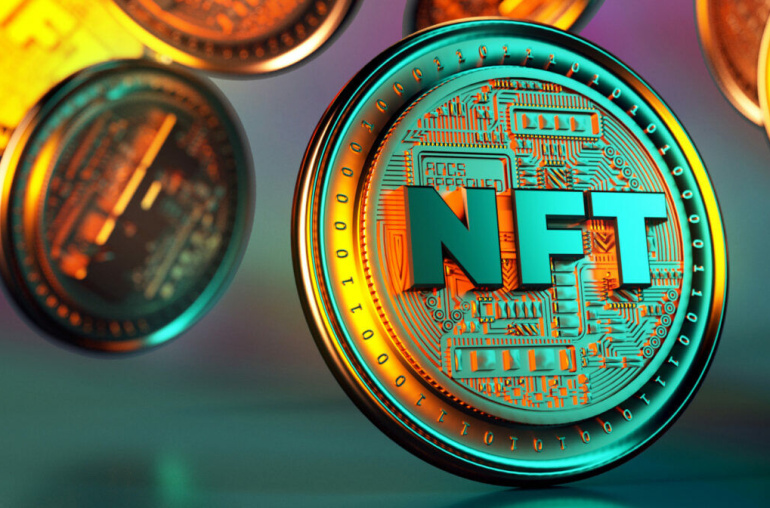by Jude Ayua, Associate, Crypto Policy
India is reportedly launching a crypto awareness campaign to educate investors in the industry about the legal status of cryptocurrencies in the country, and the risks of investing in crypto assets. Apart from crypto, the awareness campaign will also cover online gambling and gaming, the two sectors in the space that the government arguably scrutinizes most. The campaign, which the Investor Protection and Education Fund Authority (IPEFA), an agency of the Ministry of Corporate Affairs, will be in charge of, is the first-of-its-kind initiative in the country.
“The campaign will highlight that cryptocurrencies are not legal in India and there are also deep risks involved in such assets. Any investment where the people are being promised lucrative and assured returns, there is an element of high risk,” a government official said.
While the crypto industry is full of investment opportunities, the market is also highly volatile and averse with risks: prices of crypto assets are unstable, there are significant scams, market collapses, such as the FTX and Terra Luna which happened in 2022. These, among other factors, necessitates India’s campaign.
“Cryptocurrency investing can be a complex and risky endeavor as the category is extremely volatile and works round the clock. It is important for potential investors to thoroughly educate themselves before making any decision,” Rajagopal Menon, vice president, Wazirx, stated in an interview with The Hindu.
Some persons, however, expressed concerns about this move, such as Vipul Kharbanda, a non-resident fellow at the Centre for Internet and Society (CIS). He observed that it may at the same time misrepresent the true status of cryptocurrencies in the country, based on the fact that IPEFA has previously also carried out awareness campaigns on Ponzi schemes, chit funds, and dubious crowdfunding projects.
“If the government takes a heavy-handed approach and starts saying things like virtual currency is not legal in India, that will not be entirely true. People may presume incorrectly that it is illegal… One may be indulging in unlawful transactions like money laundering using crypto assets. But unlawful transactions can also be executed using legal banking channels as well,” Vipul told The Hindu.
The estimated size of crypto adoption in India
India currently has a population of over 1.4billion people. According to KuCoin’s Cryptoverse India Report*, by June 2022, there are about 115 million crypto investors in India. This accounts for 15% of the Indian population aged 18 to 60 years. Government regulation is a concern for 33% of those considering investing in crypto, while 49% of them are worried about about safety in the crypto space: 26% worry about hackers and 23% fear that they may lose their money forever should there be any security incidents. Further, the survey also shed light on investor motivations, highlighting that:
- 56% of crypto investors believe crypto is the future of finance;
- 54% believe crypto will bring them a higher return on investment in the long run;
- 52% invest in crypto to gain passive income and improve the quality of living;
- Only 24% of young investors consider crypto a hype for fun; and
- 43% are going for the short-term gains.
Debate over the legality of cryptocurrency in India
Meanwhile, the legality of cryptocurrency in India is a long-time debate. The Indian Reserve Bank (IRB) banned crypto in 2018, and a Bill prohibiting crypto followed in 2019. In the same year, the government started working on a policy which is still in progress. In 2020, the Supreme Court struck out IRB’s 2018 ban. Notwithstanding the absence of a regulatory framework for cryptocurrency, the Indian government recently imposed a 30% tax on crypto assets and a 1% tax deducted at source (TDS) on crypto transactions.
While the Indian government is yet to agree on the status of cryptocurrency in the country, its crypto-awareness campaign comes with good intentions. If well implemented, particularly if the campaign does not only focus on negatives, it can help minimize the high risks involved in the crypto space.
Disclaimer: The KuCoin figures referenced above are the result of a survey conducted by KuCoin, an independent platform, and should therefore not be understood as figures from Crypto Asset Buyer (CAB) or understood as completely accurate.
Discover more from Crypto Asset Buyer
Subscribe to get the latest posts sent to your email.





